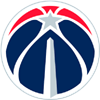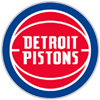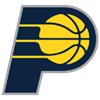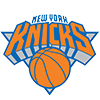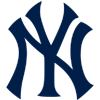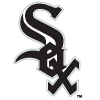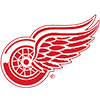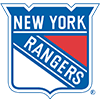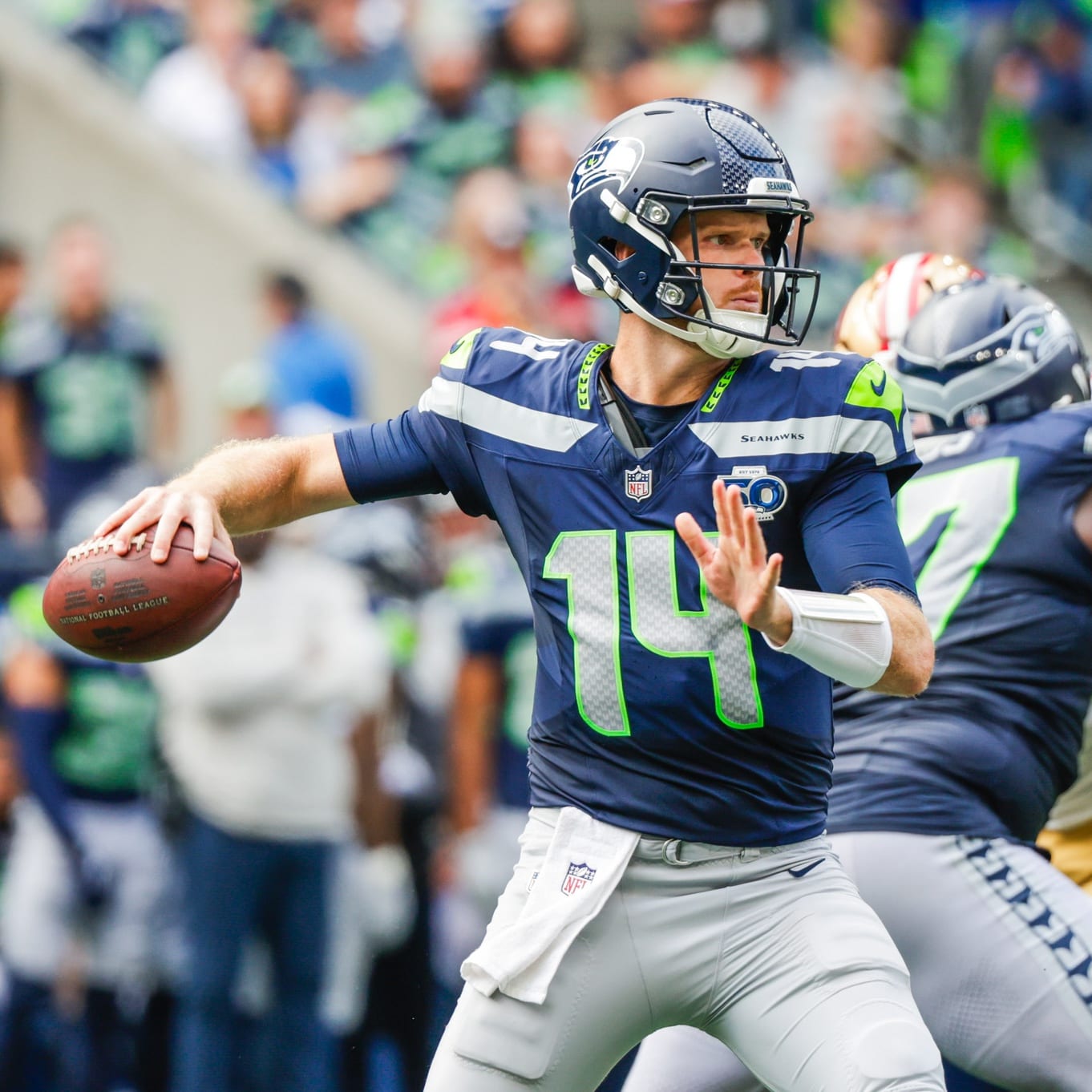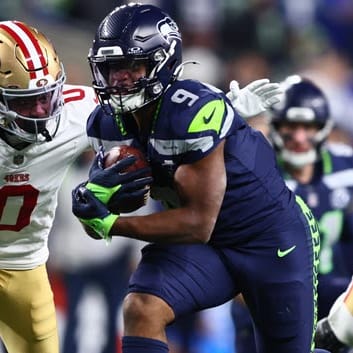The Saints quarterback did not finish the team's Week 3 loss to the Packers after suffering a shoulder injury. His injury, a sprain of the acromioclavicular (AC) joint, is a common occurrence in football especially when a player is on his side and gets pinned between the ground and another player. This mechanism of injury creates an axial load on the shoulder that can result in clavicle (collarbone) injuries and sprains to the joint on either side of the bone. The AC joint is formed where the collarbone connects to a bony projection on the scapula (shoulder blade) known as the acromion. The AC joint acts like a strut, allowing an individual to raise their arm overhead. It is fortified by two primary ligaments, the acromioclavicular (AC) and coracoclavicular (CC) ligaments.
While most sprains are graded on a four-point scale, the AC joint has its own grading scale. The six-grade system is based on amount of damage to the involved ligaments and the surrounding structures. A low grade (Grade 1) sprain is considered minor and involves overstretching and microtearing of the two main ligaments. A Grade 2 sprain involves a tear of the AC ligament but minimal CC ligament involvement. A Grade 3 sprain occurs when both ligaments rupture resulting in an upward movement of the lateral end of the collarbone. The final three grades are all considered severe, and each grade is dependent on the degree of movement of the collarbone and the resulting damage done to
The Saints quarterback did not finish the team's Week 3 loss to the Packers after suffering a shoulder injury. His injury, a sprain of the acromioclavicular (AC) joint, is a common occurrence in football especially when a player is on his side and gets pinned between the ground and another player. This mechanism of injury creates an axial load on the shoulder that can result in clavicle (collarbone) injuries and sprains to the joint on either side of the bone. The AC joint is formed where the collarbone connects to a bony projection on the scapula (shoulder blade) known as the acromion. The AC joint acts like a strut, allowing an individual to raise their arm overhead. It is fortified by two primary ligaments, the acromioclavicular (AC) and coracoclavicular (CC) ligaments.
While most sprains are graded on a four-point scale, the AC joint has its own grading scale. The six-grade system is based on amount of damage to the involved ligaments and the surrounding structures. A low grade (Grade 1) sprain is considered minor and involves overstretching and microtearing of the two main ligaments. A Grade 2 sprain involves a tear of the AC ligament but minimal CC ligament involvement. A Grade 3 sprain occurs when both ligaments rupture resulting in an upward movement of the lateral end of the collarbone. The final three grades are all considered severe, and each grade is dependent on the degree of movement of the collarbone and the resulting damage done to the neighboring musculature. AC sprains are often referred to as a separated shoulder.
The severity of Carr's injury has not been revealed, though it seems like a lower-grade sprain, as the team does not consider it season-ending. The New Orleans medical team will begin addressing Carr's associated symptoms while looking to prevent any loss in range of motion. The average time lost for quarterbacks is just over two weeks, with the Saints saying Carr is considered week-to-week. Jameis Winston will start for the Saints if Carr is out.
The Chargers wide receiver became the 21st player to suffer a torn anterior cruciate ligament (ACL) in his knee this season according to the ACL Recovery Club. Williams' injury comes just days after the Cowboys lost Pro Bowl cornerback Trevon Diggs to the same injury.
The ACL tear is one of the most feared injuries in not just football but in all professional sports. While return to play timelines have improved over the years, the recovery is measured in months not weeks. Players have returned ahead of schedule, but cases like Adrian Peterson remain outliers and should not be considered the norm. A 2021 study recorded the average time lost for NFL wide receivers at 10.9 months. The same study showed that a return to play does not guarantee a return to performance, with a majority of the affected wideouts reporting a dip in statistical productivity as well as a shorter career duration. Look for Williams (and Diggs) to enter training camp limited with a reasonable chance at returning for the start of the 2024 regular season.
Turf Burns
Saquon Barkley: Early reports on Barkley's Week 2 ankle sprain insisted his injury was a normal sprain. However, late last week Barkley confirmed he's dealing with a high ankle sprain. High ankle or syndesmotic sprains occur in a different joint of the ankle and often require more time to heal, as the integrity of the ankle joint is compromised. The Giants running back is holding out hope that he will be back for Week 4, but he will be a fantasy liability with the team not taking the field until Monday night. The initial estimates had Barkley missing multiple weeks, and the revelation that this is a high ankle sprain reenforces that timeline. Don't count on him playing against the Seahawks.
Jimmy Garoppolo: The Raiders quarterback has been placed in the league's concussion protocol following a helmet-to-helmet collision with Pittsburgh's Minkah Fitzpatrick. Like discussed last week, Garoppolo will not be allowed to play until he has completed the league's five-step return to play procedure. Consider him day-to-day for now but it seems likely Brian Hoyer is Las Vegas' quarterback for Week 4.
Gus Edwards: The Ravens running back corp is looking mighty thin. The team lost J.K. Dobbins to a torn Achilles, and teammate Justice Hill did not play in Week 3 with a case of turf toe. Edwards took over as the team's feature back only to suffer a concussion during the contest. Edwards has since been placed in the concussion protocol and remains a question mark for Week 4. Veterans Melvin Gordon and Kenyan Drake would move up the depth chart should Edwards and/or Hill be unavailable against the Browns.
David Montgomery: The Lions running back was listed as a limited participant for Monday's practice as he continues to recuperate from a thigh contusion. He did not play in Week 3 and faces an uphill battle with Detroit playing in the Thursday night game in Green Bay. Jahmyr Gibbs carried the ball 17 times for 80 yards in his first career start and would see a similar workload if Montgomery sits again.
Anthony Richardson: Richardson is making progress through the concussion protocol for his head injury but was unable to meet the final requirements necessary to return for Week 3. He is optimistic about a possible Week 4 return, though he must return to full participation in practice before that can occur. Gardner Minshew will receive his second straight start if Richardson remains out.
Deebo Samuel: The 49ers wide receiver dominated the Giants in Week 3, finishing with six receptions for 129 yards and a touchdown. Unfortunately, he suffered a rib injury in the process. X-rays taken on the area were negative, and the team said he is dealing with soreness in the area. However, I'm keeping a close eye on this situation. Occasionally, a rib fracture will not show up on X-ray until healing has occurred. Look for San Francisco to monitor the situation to protect the area, though all signs point to Samuel suiting up against the Cardinals in Week 4.







